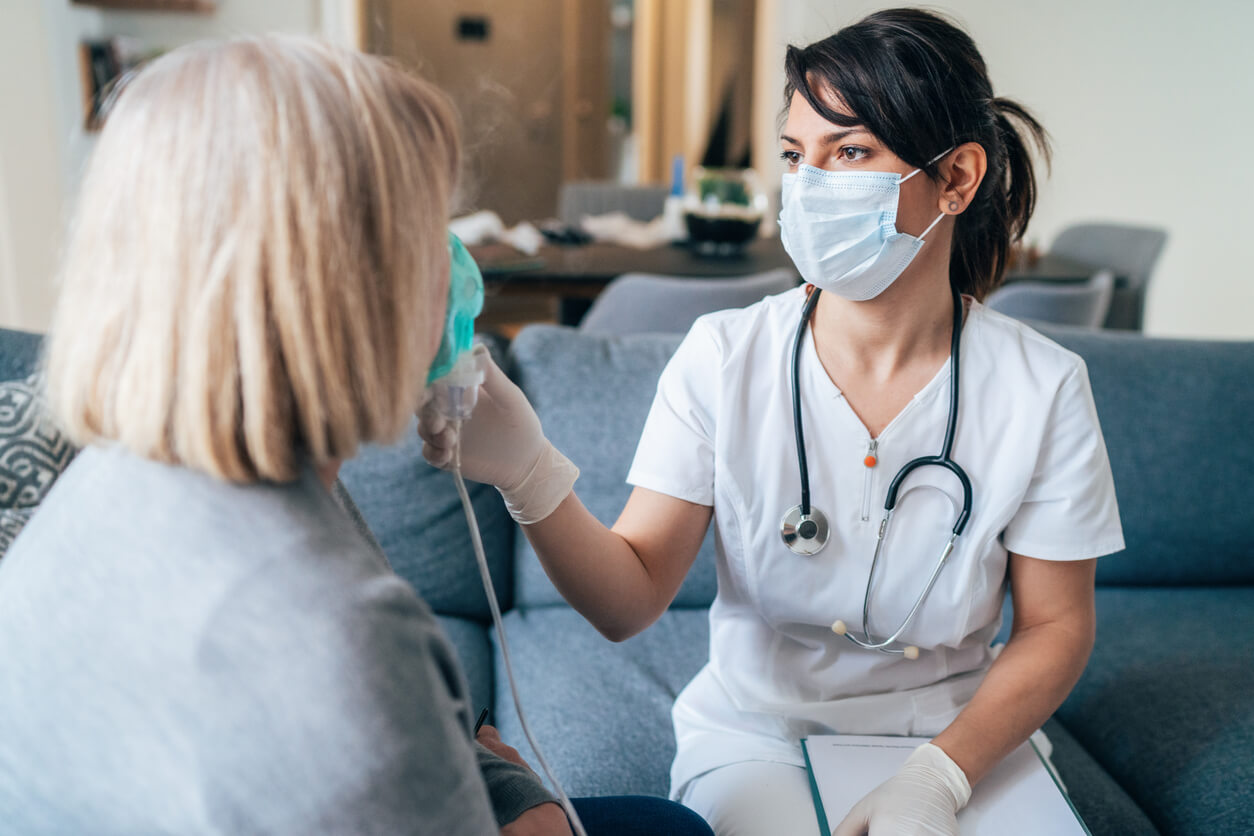Roughly 1 in 13 New Jerseyans who were in long-term care when the coronavirus pandemic started are now dead. Staffing shortages, supply shortages, and the government’s order that infected patients be moved from hospitals to such facilities were all contributing factors. At Levin & Malkin, we are closely following this situation because we are concerned many of these deaths may have been wrongful deaths.
According to NJ.com, which has done a tremendous job covering the crisis, and continues to do deep dives into the spotty data being released by the state, “more than 40% of the coronavirus deaths in the state have been tied to long-term care settings.”
Are Nursing Homes Liable?
Who is responsible? The state blames nursing homes and other long-term care providers. These organizations point the finger of blame right back at the government. It looks like there is plenty of blame to go around.
An in-depth investigation by NJ Advance Media for NJ.com found:
- Knowing nursing home residents were at grave risk, state inspectors did not begin making on-site inspections until April 16, according to officials — 36 days after New Jersey reported its first death and not until reports surfaced that one nursing facility was storing 17 bodies in a makeshift morgue. Asked why teams were not sent earlier, state Health Commissioner Judith Persichilli said in mid-April they did not have proper-fitting masks. She later said the state gave hospitals first dibs on protective equipment, leaving a short supply of ill-fitting masks for nursing home inspectors.
- Nursing homes were short-changed for weeks on deliveries of protective masks and other equipment, known as PPE, which state and nursing home officials concede remains in critically short supply at dozens of facilities — increasing the chances of viral spread from resident to resident, according to nursing home operators and industry officials. “We were told flat-out, ‘No PPE for you, just hospitals,’” said the president of the state’s long-term care industry association.
- When nursing home operators urgently called for staffing help, they said they received little assistance. Unlike other states, the Murphy administration did not move to deploy the National Guard into nursing homes until early May, and Guard members did not arrive until May 7 — weeks after at least six other states and more than two months after the first death in New Jersey.
- The state Health Department did not announce until earlier this month it would conduct widespread testing of nursing home residents, even as an increasing share of the coronavirus deaths were coming from long-term care facilities. Nursing home operators said they desperately needed test kits, but said the state failed to respond to repeated requests.
- The Health Department refused to publish a list of positive COVID-19 cases and deaths by facility until three weeks after families — prevented from visiting their loved ones since March 14 — pleaded with officials to force operators to let them know what was going on inside the nursing homes. Families desperate for information claimed in many cases, the first word they got was after a loved one was already critically ill.
- A startling number of nursing home workers have succumbed to the virus. State data compiled by the Department of Health provided to NJ Advance Media show as of May 11 at least 89 nursing home employees have died from the coronavirus. Nearly 9,000 have tested positive for COVID-19.
Somebody needs to be held accountable for the unnecessary loss of lives, but doing so is going to be difficult. The state of New Jersey has acted to shield long-term care providers from liability for certain actions taken during the pandemic.
The Levin & Malkin team is paying close attention to this situation, and we would invite anyone whose family has suffered the devastating loss of a loved one living in a long-term care facility to reach out.
Posted in: Nursing Home Abuse and Neglect

